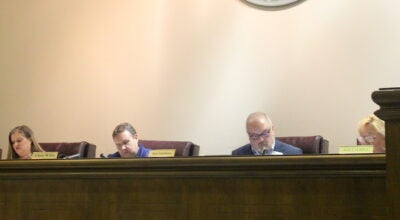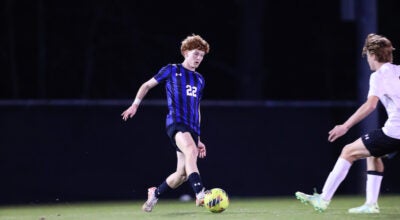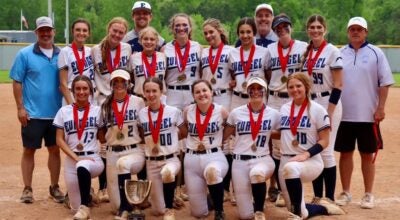Groups lend helping hand
Published 7:02 pm Tuesday, November 11, 2008
A robust chuckle fills the room as Jim Merrsman explains the difference between embarazada in Spanish and embarrassed in English.
Merrsman teaches English to Hispanic students every Thursday night at St. Andrew’s Episcopal Church in Montevallo. Two other volunteers teach on Monday nights.
“What you have to do is really see where people are and keep testing the waters to see where most people feel comfortable,” Merrsman said. “I think many of them have a good understanding because they are immersed in it, but not everyone knows how to fully communicate.”
Everyone in this classroom knows asking someone if they are embarrassed in Spanish might get you slapped — after all it means someone’s pregnant, not blushing.
It’s this intricate knowledge volunteers with St. Andrews hope will help families blend in better with the community.
Mandy Heatherly, a second-grade ESL teacher at Meadow View Elementary, volunteers her time.
She said teachers in the school system are lucky to have translators but families usually don’t in every day life.
“Parents, if they don’t have those life skills, will rely on their kids to take care of things at the post office or at the doctor’s office,” Heatherly said. “It’s important we help them learn the language so that stress is not put on the child.”
Heatherly said because she worked within the school system it was easier to distribute information to parents.
She said this kind of cooperation is what it takes to help families find out about services.
Volunteers with the church reached out by posting fliers in Hispanic businesses around the county and placing announcements in El Paisano and Latino News, two Hispanic publications.
Volunteer Loretta Cobb said people harbor dangerous misconceptions.
“These people want to learn,” Cobb said. “People get so angry when the kids need extra help at school or when they see more Hispanic arrests, but I don’t think that’s representative of the Hispanic people in our community.”
Cobb relayed a story about a Friendship Force trip she took to Mexico several years ago. She said she lived life for two weeks on the other side of the fence.
“That was a great experience,” Cobb said. “I saw the power that comes with language and the powerlessness that comes without it.”
Heatherly said the more the community reaches out, the better.
“The more people involved, the more assimilated the Hispanic population will become,” Heatherly said. “It’s important they get the opportunity at businesses, at churches so they can interact with the community.”
The class began with about 55 students. It’s down to about two dozen now, but Merrsman said he feels like his current students are committed to learning how to become better stewards of the community.









